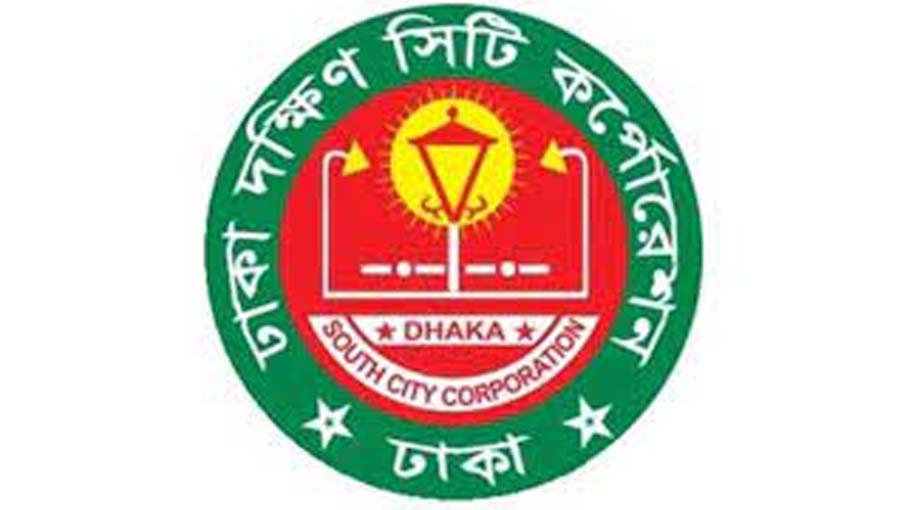Work goes on for safe sewerage services

The Dhaka North City Corporation is aiming to implement a roadmap for safe and sustainable sewerage services in the areas under DNCC.
DNCC officials confirmed to the Bangladesh Post that a workshop will be organized for this roadmap. The workshop will focus on a fair displaying hi-tech equipment and attract investors to make this a commercial opportunity for local businesses.
The workshop - "Safe Sewage Management: What We Should Do," would be jointly organized by DNCC and UNICEF and will be held at Nagar Bhaban on March 13 and 14.
S M Sharif-Ul Islam, DNCC Chief Waste Management Officer, who is also head of the initiative told this correspondent that the aim of this workshop is to find a solution for waste management at its core of generation.
“We are looking to bring in hi-tech equipment into the country and help reach it to the local household level. We are expecting visits from local companies who would be willing to buy the equipment and then sell it to the local people,” he said.
“The attempt is to bring the whole management into a system that starts the cleaning process from scratch. Eventually, there will be less waste to deal with,” he added.
The Chief Waste Management Officer further said that after the event concludes, the DNCC will look to make purchases of equipment themselves but no budget or equipment shortlist has been confirmed yet.
Recently, DNCC Mayor Atiqul Islam said that the system of removing waste by keeping it in open space has been abolished. A total of 57 Secondary Transfer Stations (STS) have been constructed in different areas of the city. Five STSs have been constructed in 2021 and two are currently under construction.
“More initiatives are in progress to make the waste management of the city better. The sewerage system in the country needs upgrades and we are working towards that,” said the mayor to Bangladesh Post regarding the workshop.
According to DNCC officials, UNICEF representatives will be attending the event to present and demonstrate ideas in order to make the waste management structure better. They will highlight the benefits of the technological advancements and exhibit their usage.
DNCC further confirmed to this correspondent that throughout last year, per month, on an average of 7,500 tons of various types of wastes were removed from the canals under the supervision of the Waste Management Department of DNCC.
Furthermore, about 12,000 tons of sludge were removed from the canals during this period to increase navigability. This significantly improved the water flow in the canal.
Local Government, Rural Development and Cooperatives minister Tajul Islam and Salman F Rahman, Private Industry and Investment Adviser to the Prime Minister have agreed to be the Chief Guest at the workshop scheduled next week. The event will be chaired by DNCC Mayor Atiqul Islam.
Experts believe that proper waste management should be one of the city’s key factors of consideration.
“This is one of the major factors that differentiate our city from the developed ones. Initiatives are being adopted, however, proper and timely implementation is important,” said veteran city planner Iqbal Habib while talking to this correspondent.
He added that technological advancement would be a significant step if it can be implemented properly.
The Dhaka North City Corporation (DNCC) areas generate about 2500-3000 tons of waste per day respectively. The two city corporation are continuing their efforts to build a sustainable waste management system as soon as possible and have taken the initiative as a priority. However, the capital is yet to benefit from an advanced waste management system.




